By Eddie Sotto
Is it just me, or has a relaxing walk in a theme park, where you discovered the fun as you went, somehow evolved into premeditated “war game” simulation, reserving those seminal moments right down to your meals, sometimes months in advance? When the day arrives, do guests find themselves glued to their smartphones in a timed triathlon to be continually advised and manipulated in an effort to consume as many rides as possible before the gates close?
This is meant to sound extreme, but it begs a larger question. With the rise of theme park reservations, have we taken an escape to a carefree world and digitized the magic to the point where we are processing ourselves through it, versus experiencing and discovering new adventures as a series of emotional moments that play out organically?
To use a musical metaphor, are we digitally fast-forwarding our way to enjoy only the crescendos of a symphony, omitting the moments that make the movement a complete experience? Do we lose something? Does it matter?
Theme park reservations
Seems that this scheduled serendipity is the new way to deal with overcrowding and monetizing convenience. To be fair, many love the “more fun, less waiting” premise and are very willing to pay handsomely for it. But for someone who designs these places as a carefree alternative to the rat race that we endure every day, scheduling four rides, two shows, a parade, and three meals seems like work to me.
I'm not sure being up at 7 am and in the park just to log on and attempt to make reservations for my favorite ride is my idea of relaxation.
Some popular rides have tiered ticketing to eliminate waiting in lines altogether and charge additional fees above the cost of the app services. Don't forget, the most popular attractions do not have the capacity to carry all the guests that come just to see them. So, there actually is a scarcity. Knowing you will get on that new ride is job one for those who can afford it.
Of course, you end up with a class system of sorts, with a line of waiting guests who are watching others buy their way ahead of them.
Stress and scheduling
Study after study claims that overscheduling your child’s before and after school curriculum is not healthy. Play or unscheduled time to discover and explore is critical to their emotional and mental development. I’d argue that a visit to a theme park is intended to be more play than a strict regimen.
Are we importing too much real-world stress into the theme park experience, and does an app relieve it with the perceived certainty of reservations? I can go either way. There’s an argument that it does by reducing waiting in lines but comes at a less measurable cost.
Moments versus madness
As Imagineers, we always looked at the thematic lands of a park as a setting that you lost yourself in, sensed the details and acclimated, whether it's the “hoof beats” of the streetcars that plod Main Street USA setting a relaxed tempo, or the pulsing techno thuds driving Tomorrowland. From the context of those immersive worlds, you go further and experience an extended adventure. For instance, Indiana Jones Adventure or Space Mountain.
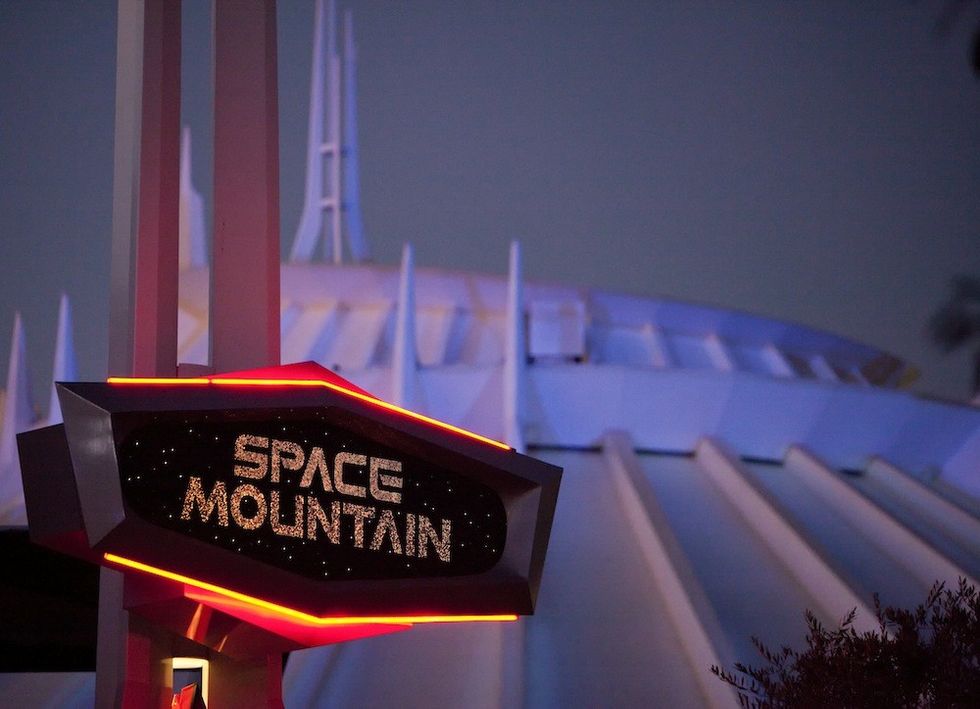
All of this has a holistic effect. It builds, like courses of a meal, being both cumulative and transformative. The attractions are best served when the guest has explored and been immersed in the whole land.
When a schedule dominates, and you are merely consuming the rides themselves as a checklist, it changes the dynamic. Compare multi-course dining where you sample, discover and taste, to an all-you-can-eat buffet, where it’s about quantity over quality.
Many attractions eliminate the critical aspect of waiting in the pre-show queue areas where the story is established. Pass carrying guests are just rushed through those spaces to hop on the ride in some cases. That's like walking in late to a movie.
The elephant in the queue?
Perhaps the real issue lies with the fact that the blockbuster experiences don't have the capacity to handle their demand. Apps mask that by directing guests to less preferred rides and reshuffling the day to keep us distracted, and if that will not suffice, charging even more for a pass to that sought-after show.
If a preferred, marketed attraction can only process 1800 guests an hour on a day when 70K come to the park, you have a problem with demand and access, even if a fraction of them came just to see that show.
By comparison, Pirates of the Caribbean, a preferred Disney attraction from 1967, can process 3400 per hour, theoretically. Apps and up-charging are a means of dealing with supply and insatiable demand. But what does that do to a guest’s desire to return? I’m sure it’s mixed and these systems work better in some parks, worse in others.
Theme park reservations and the rise of the digital experience
To me, one initiative would be making the digital experience less about looking at a screen and instead integrating it into the environment itself. Less friction. Right now, we are making the guests work too much at scheduling. It's like bagging your own groceries, (hence the slogan “the magic is you.”)
The digital experience is now at the heart of the whole day. The Cast members used to be your hosts. But now the device does most of that, and they just show you how to reboot it. This disconnecting of the cast member from interacting with the guest could be the greatest side effect.
Digital ordering and other services make the park less human or warm. While it is convenient, this also may contribute to the self-serve, processed dynamic.
It’s about the product
Adding more lanes to an overcrowded freeway only allows more cars to fill it. These scheduling apps can only reshuffle the same deck of cards in so many ways, while charging the guest more to be at the top of the deck.
Interestingly enough, the biggest plus that guests mentioned from COVID-19 mandates was reduced capacity. Visitors enjoyed the chance to be in a comfortable environment that was appropriately staffed.
Is there a balance? Perhaps. Until they improve to the point of being almost unconscious, I’d rather see a lower capacity limit per day on how many guests come in, making rides and dining first-come, first-served for everyone, but charge more per admission for an awesome, unforgettable experience that is actually worth whatever they charge.
So that’s one idea, and I’m sure these apps will improve and become less visible. I’m glad these digital apps are so successful and that some swear by them for theme park reservations. I’m merely calling attention to the potential emotional impacts these changes might have on the reasons we loved going to theme parks in the first place.
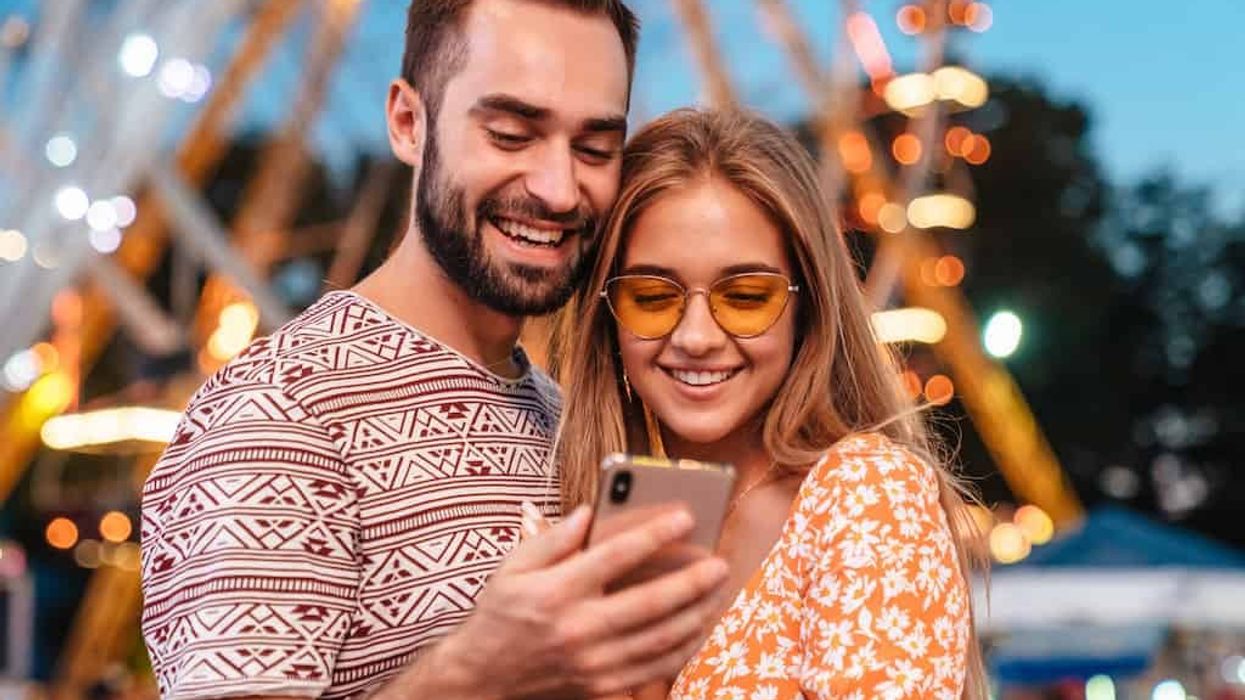

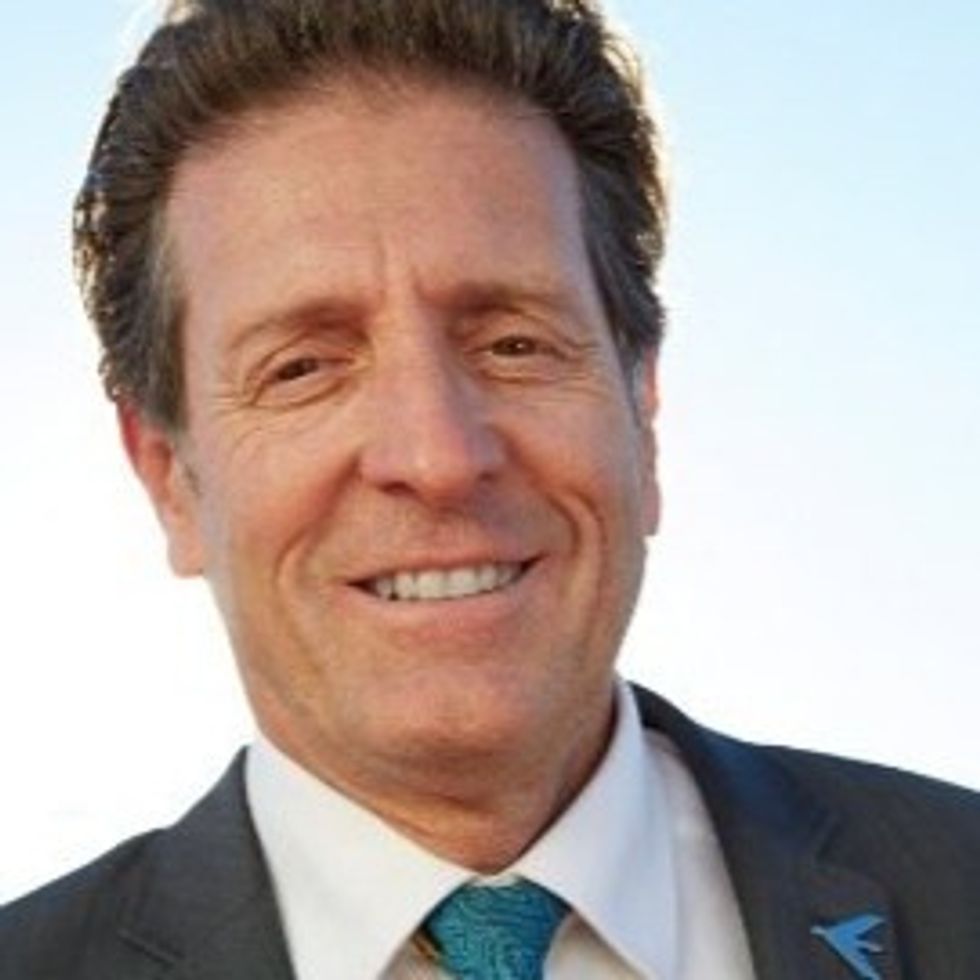
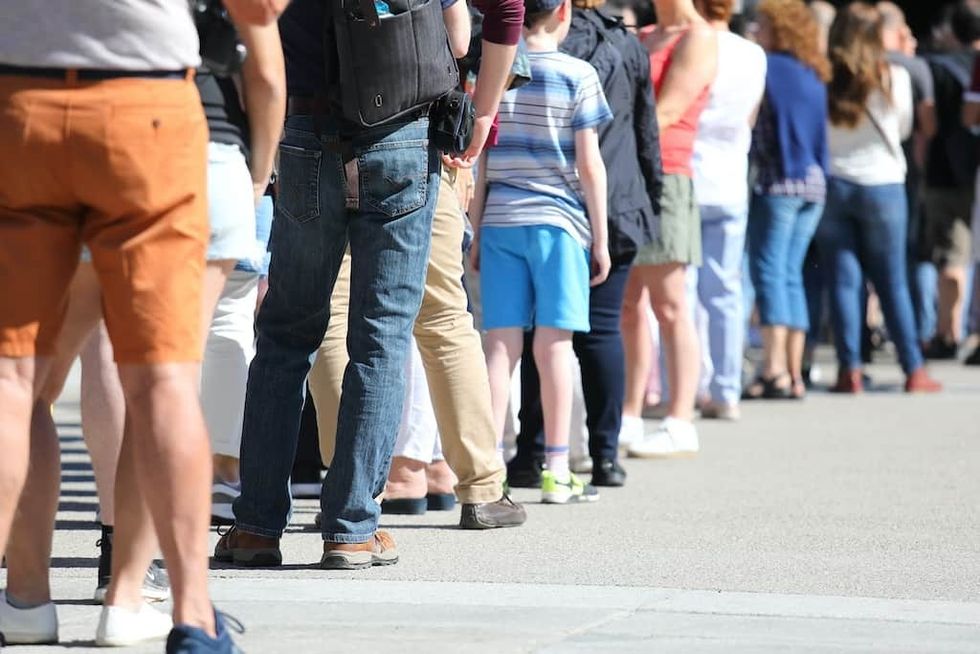
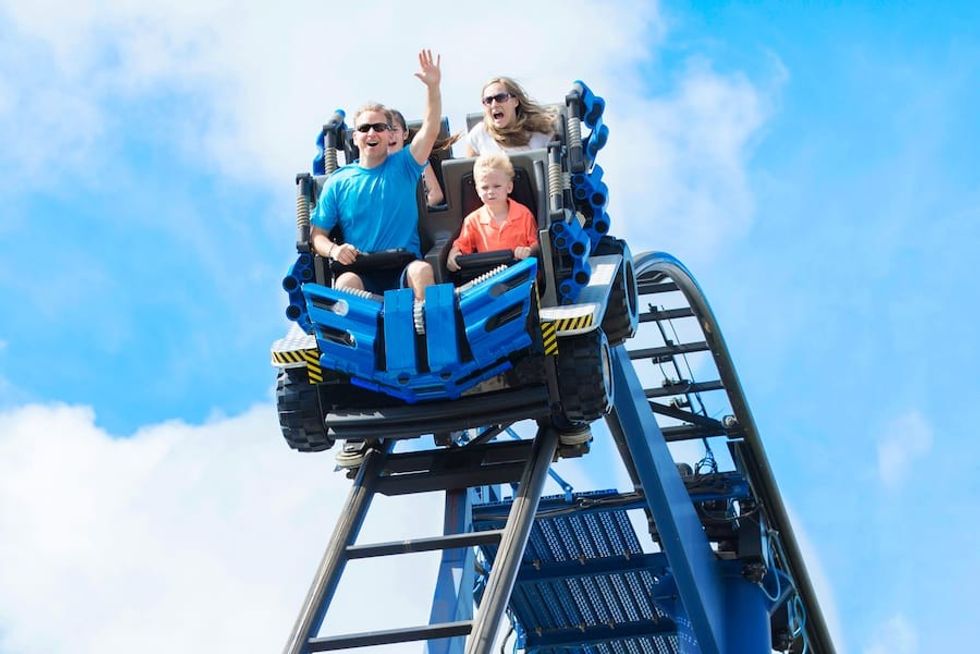

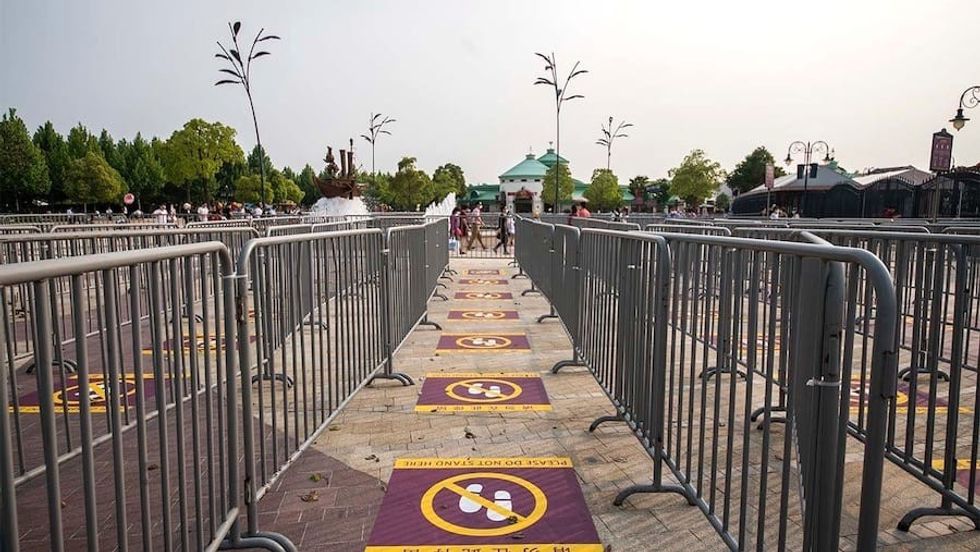

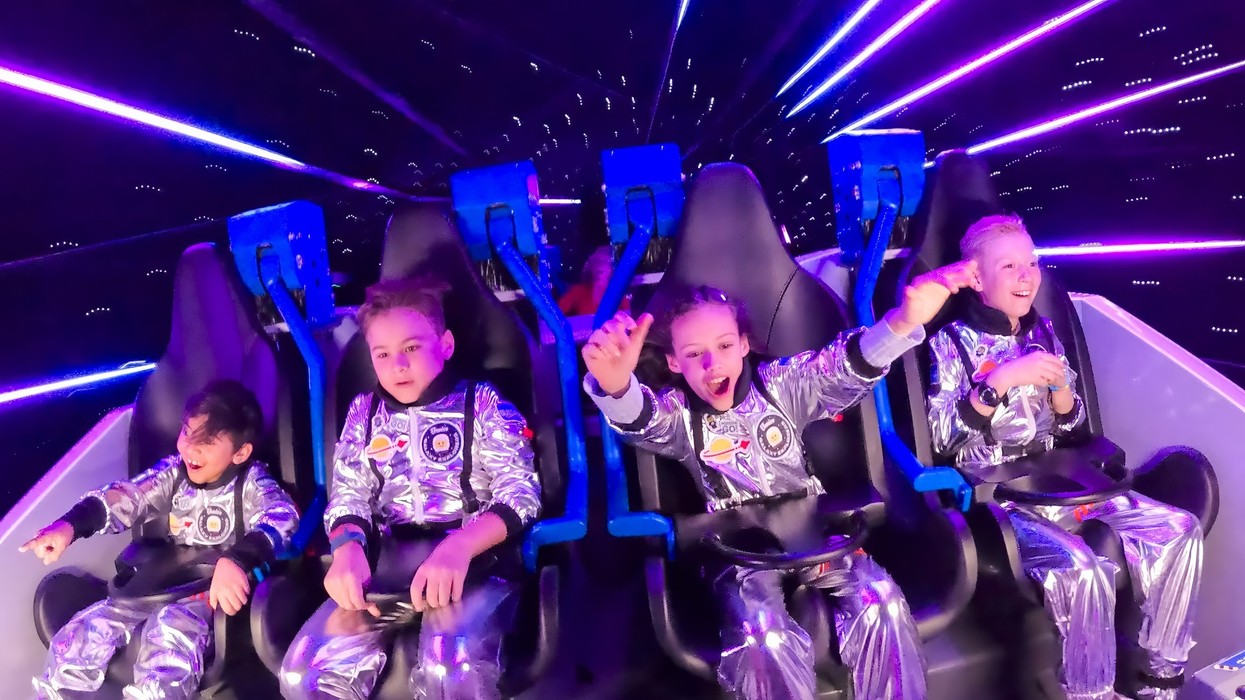
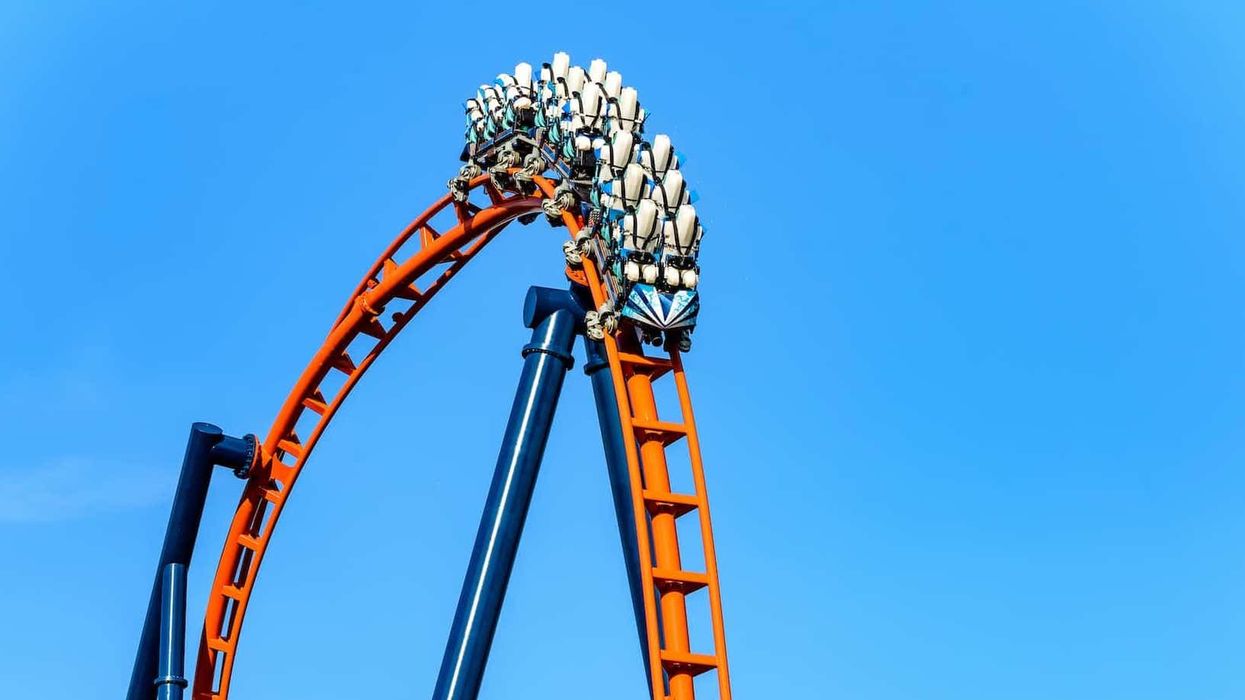
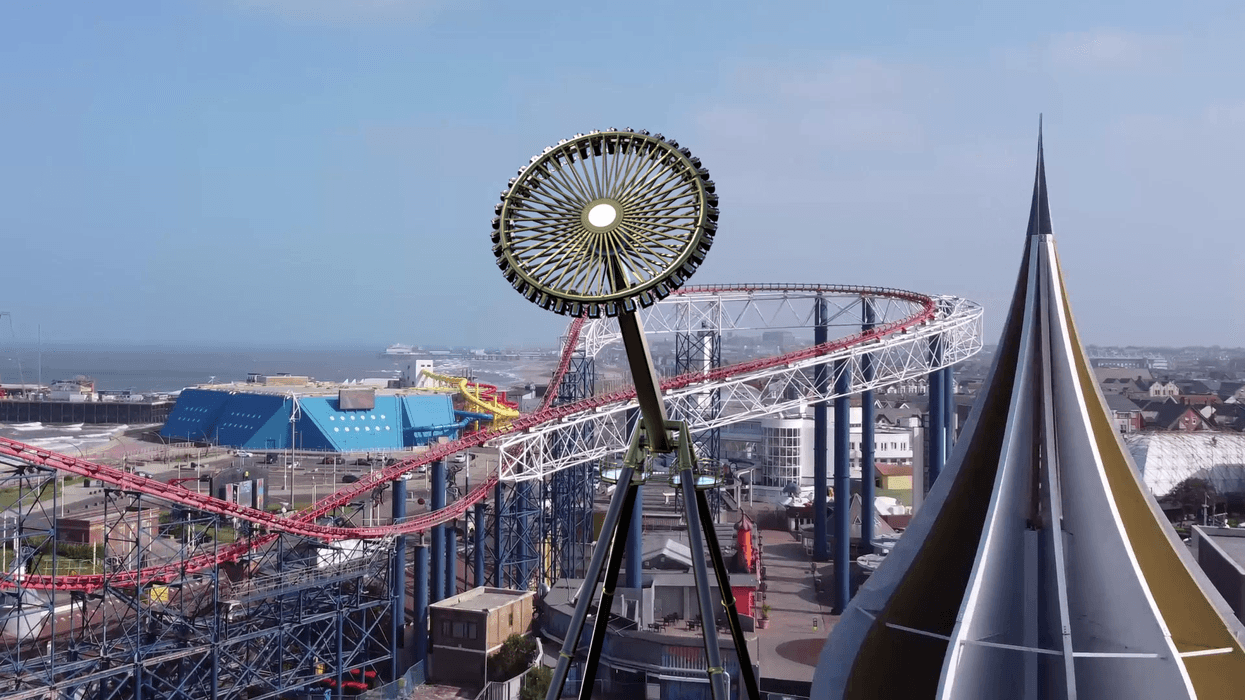
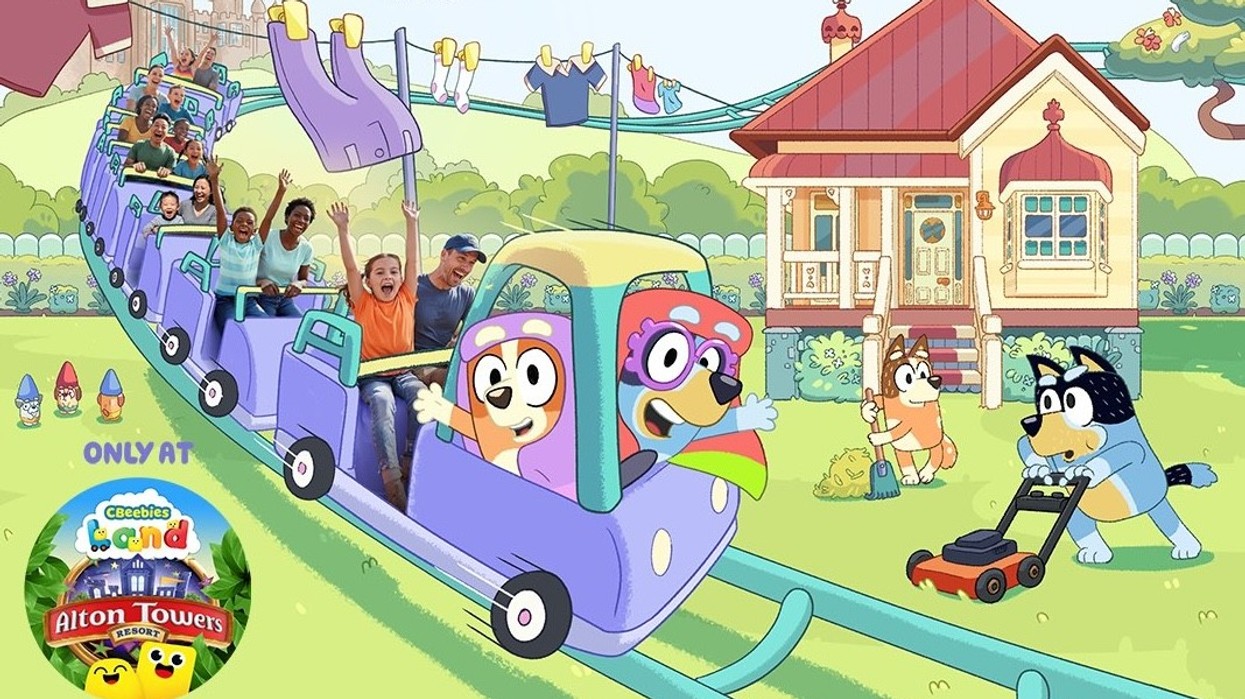
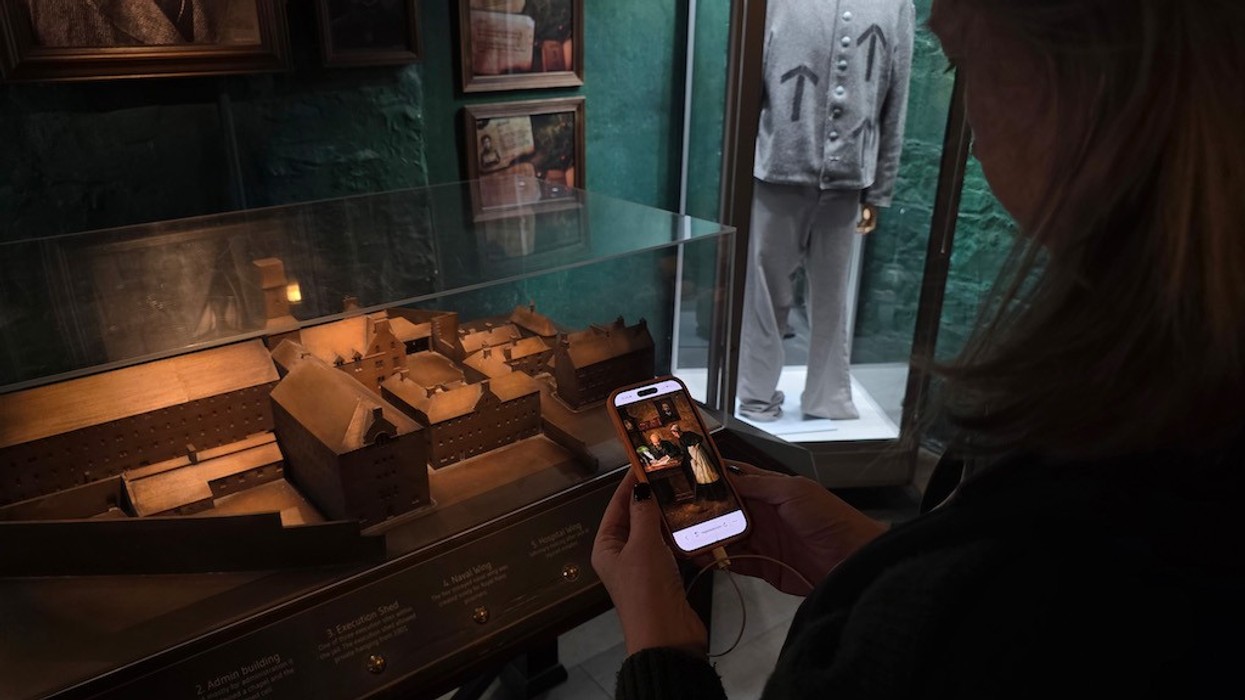
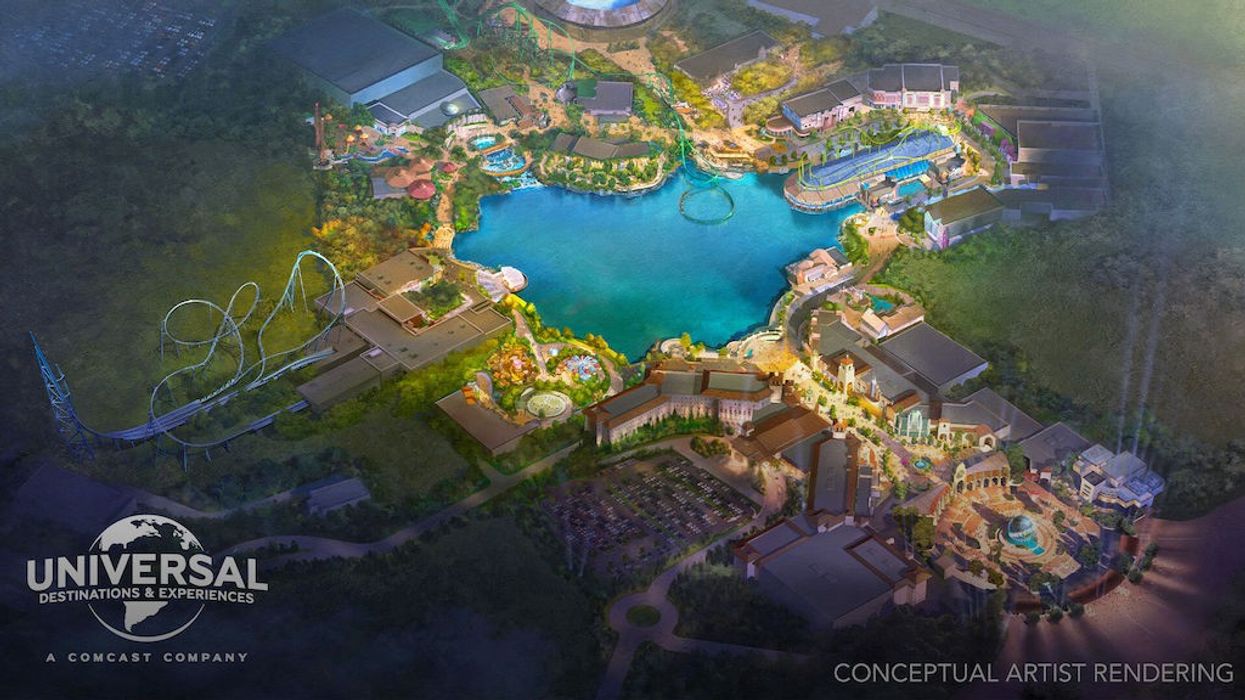
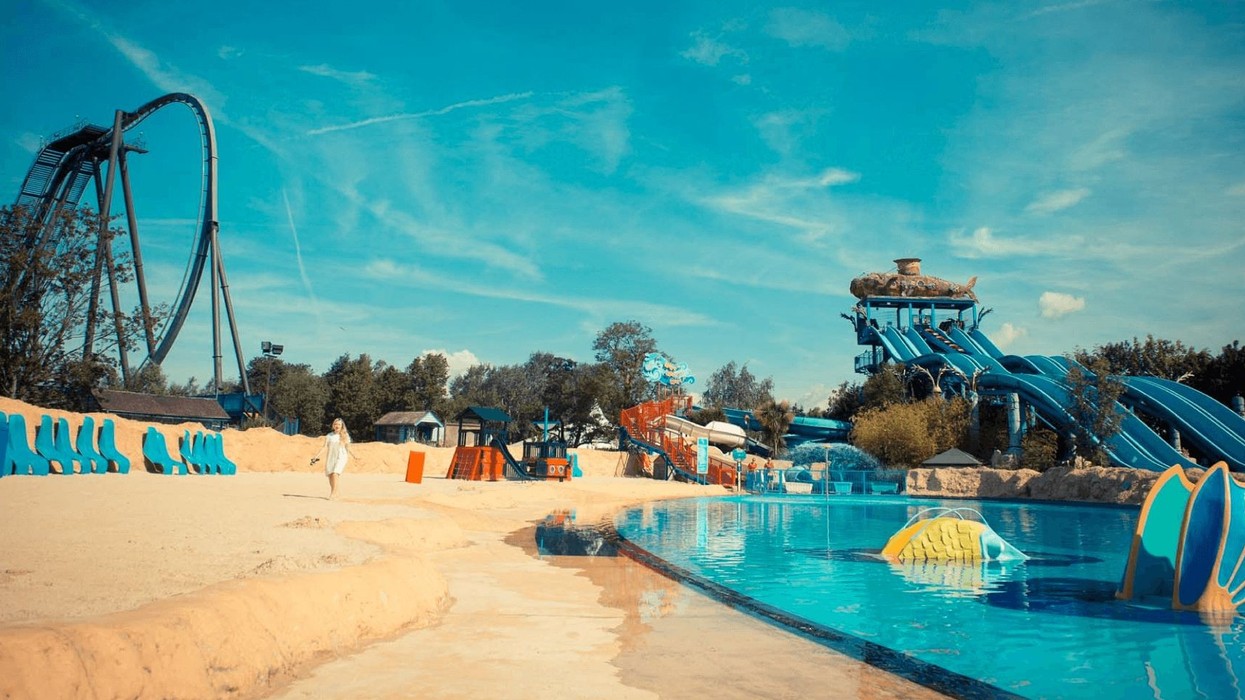

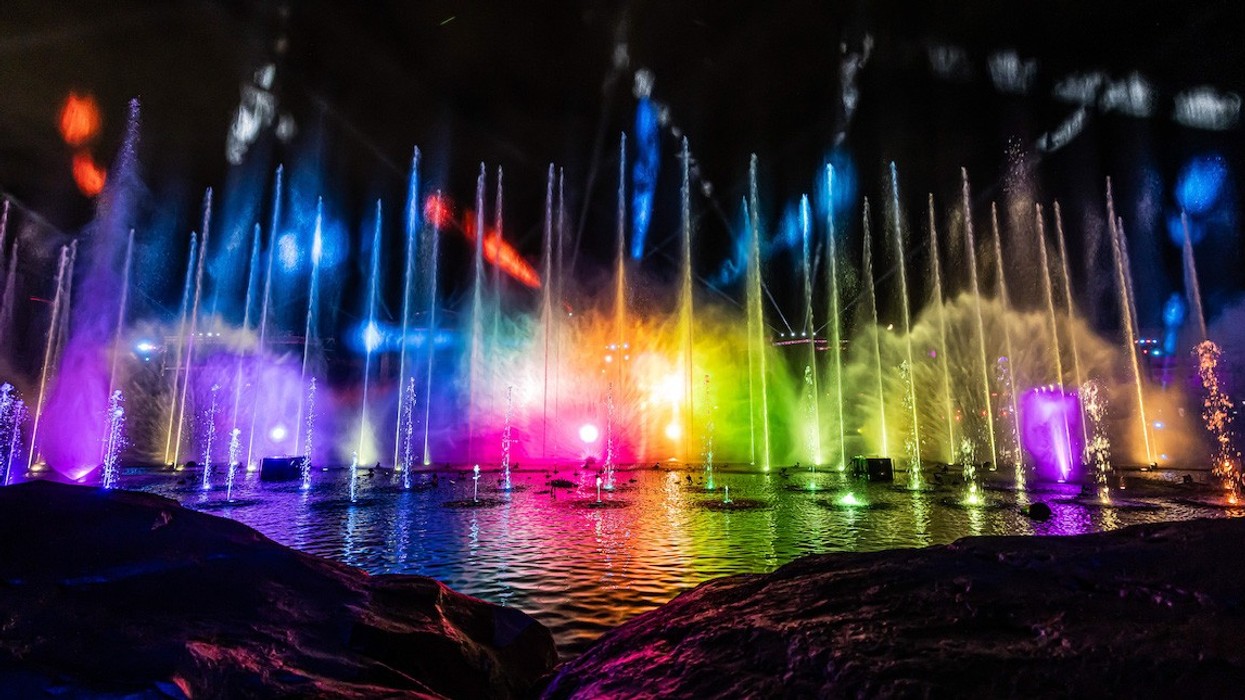
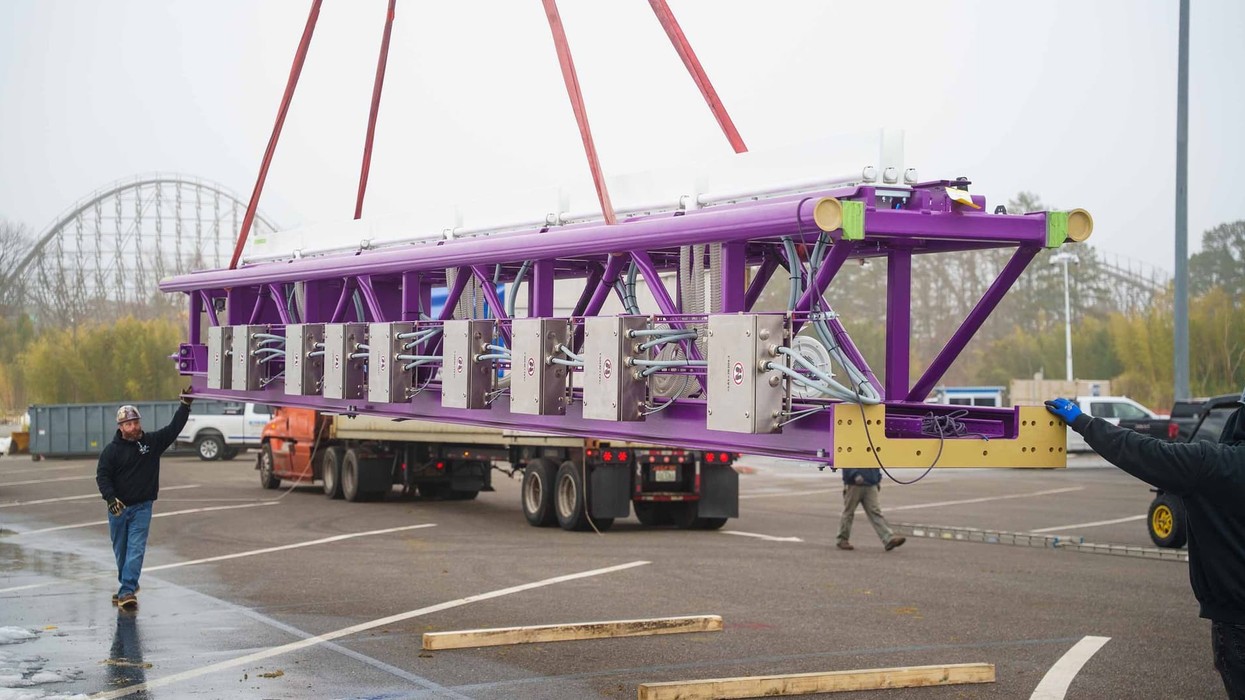
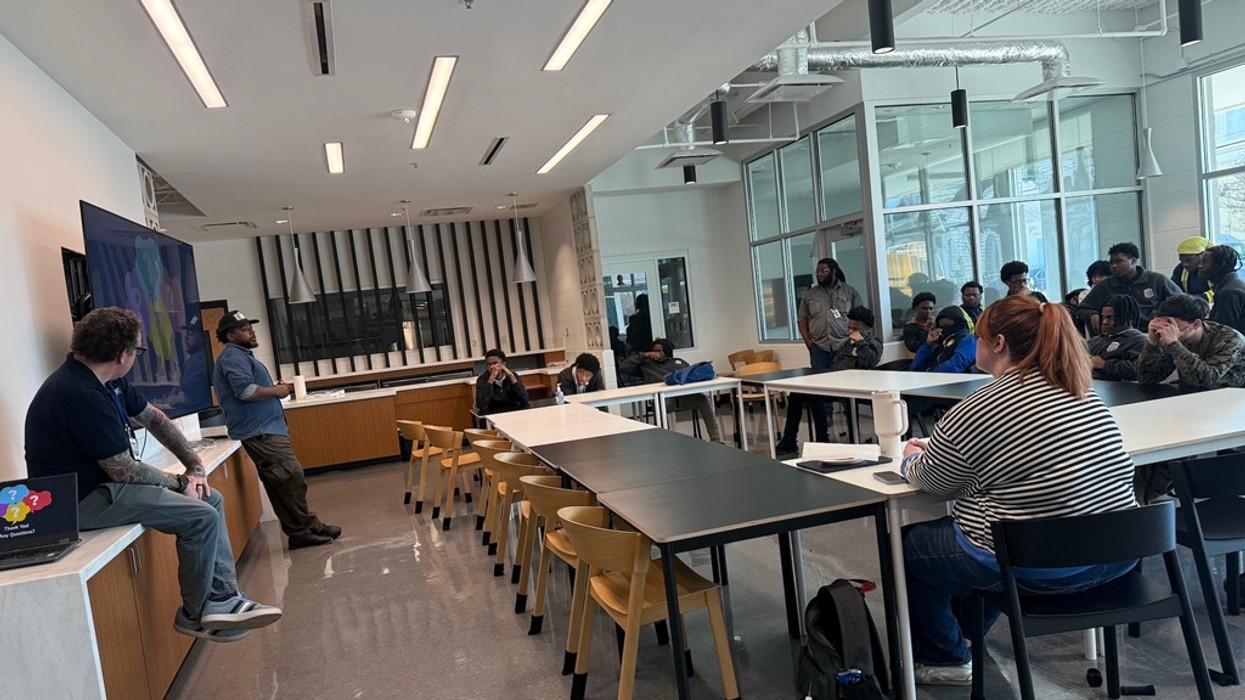
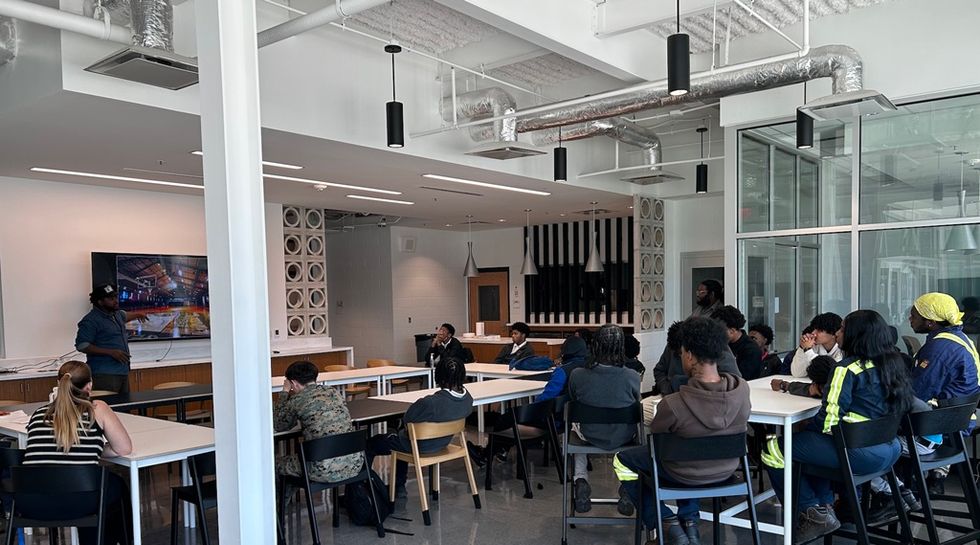
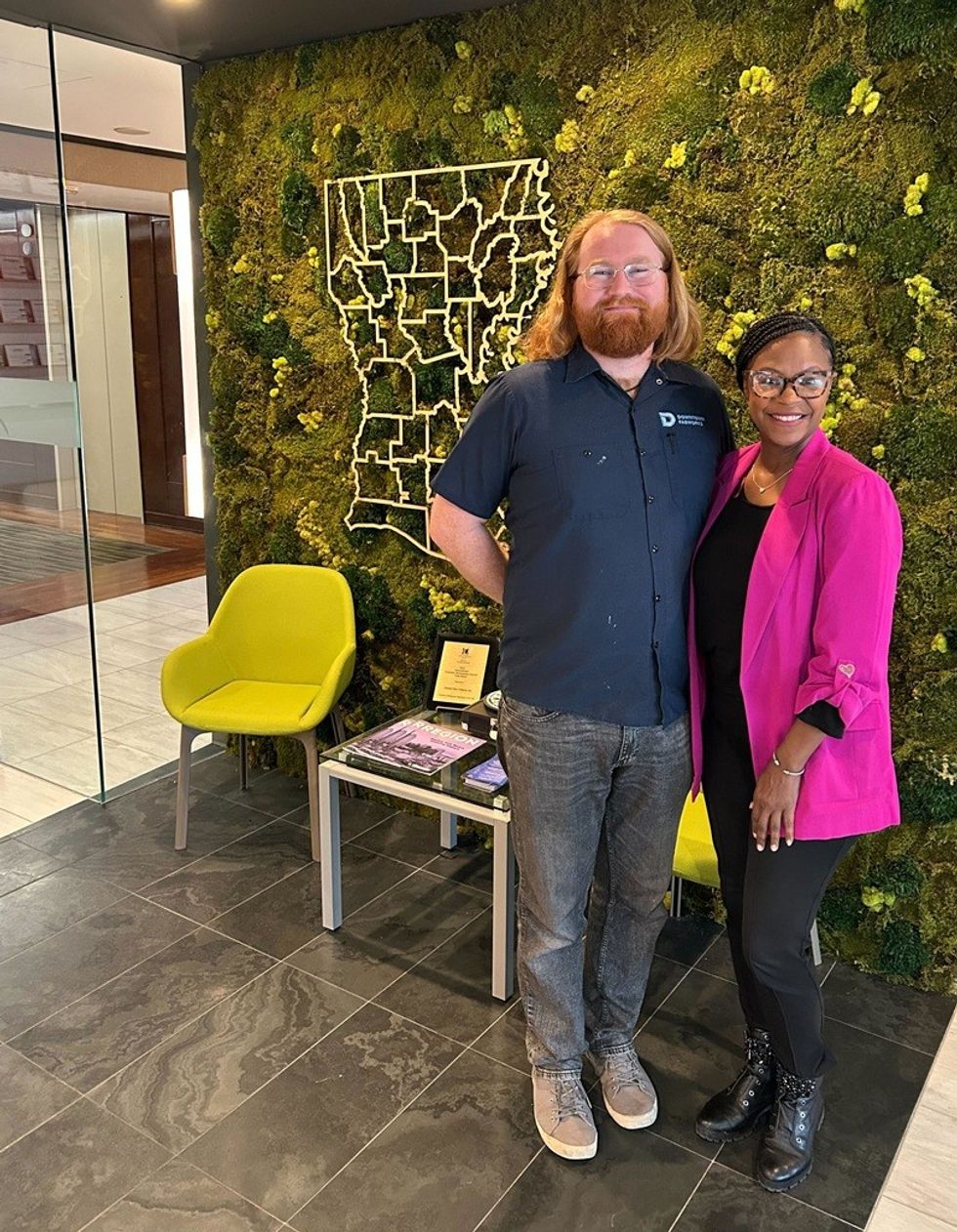
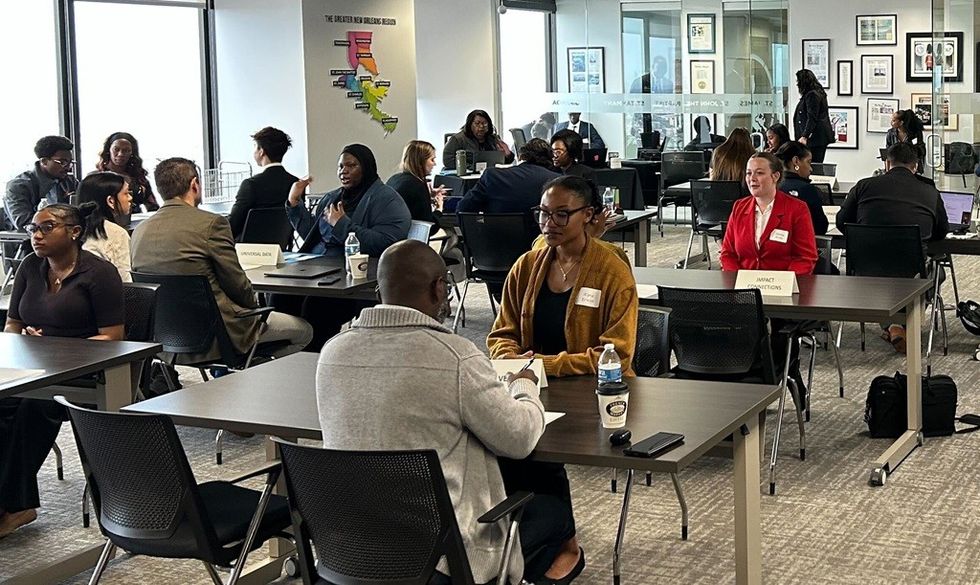
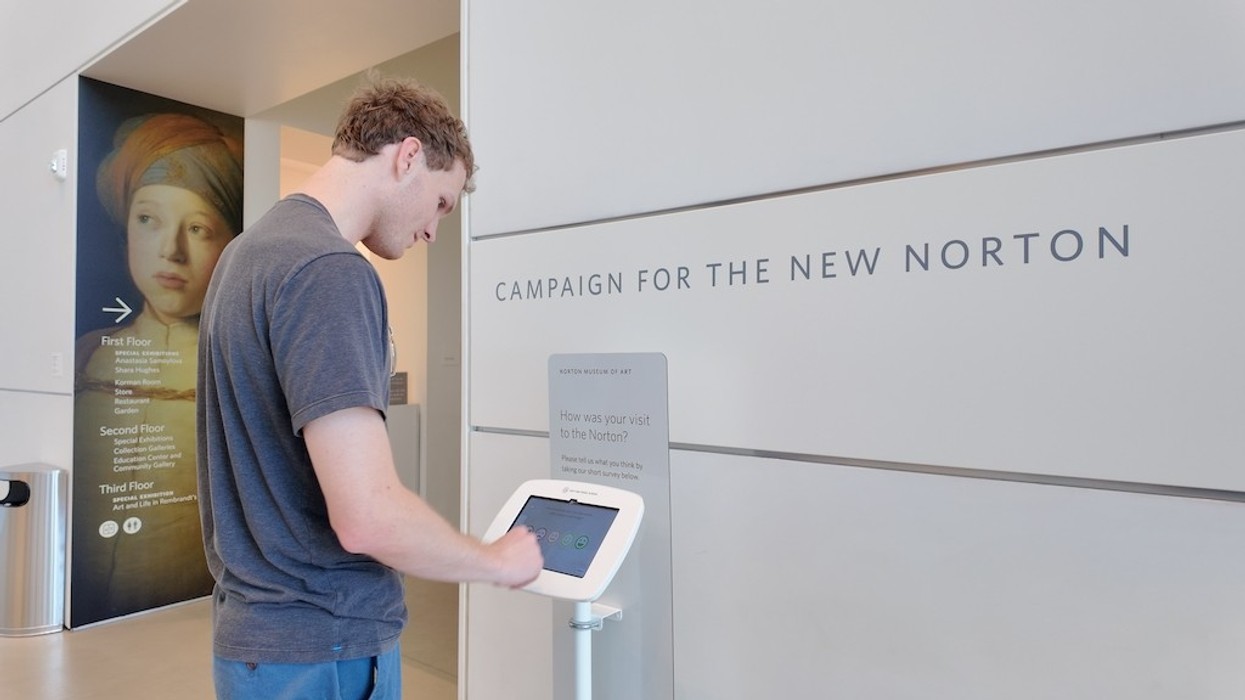


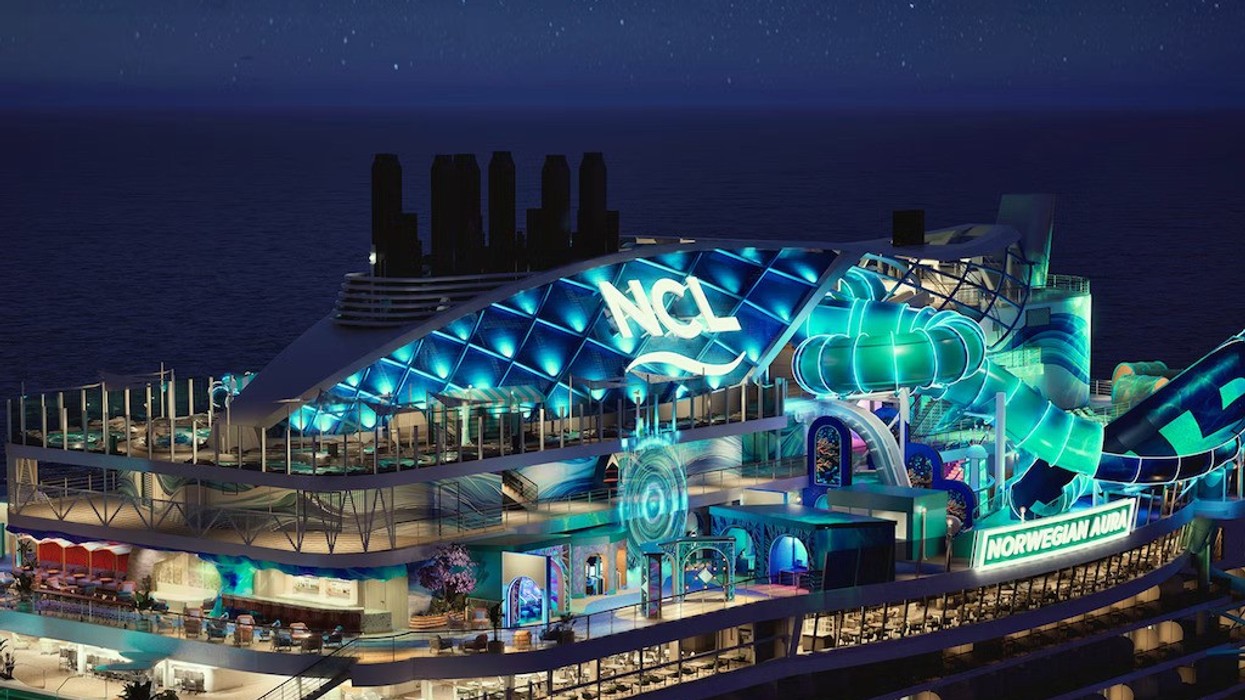

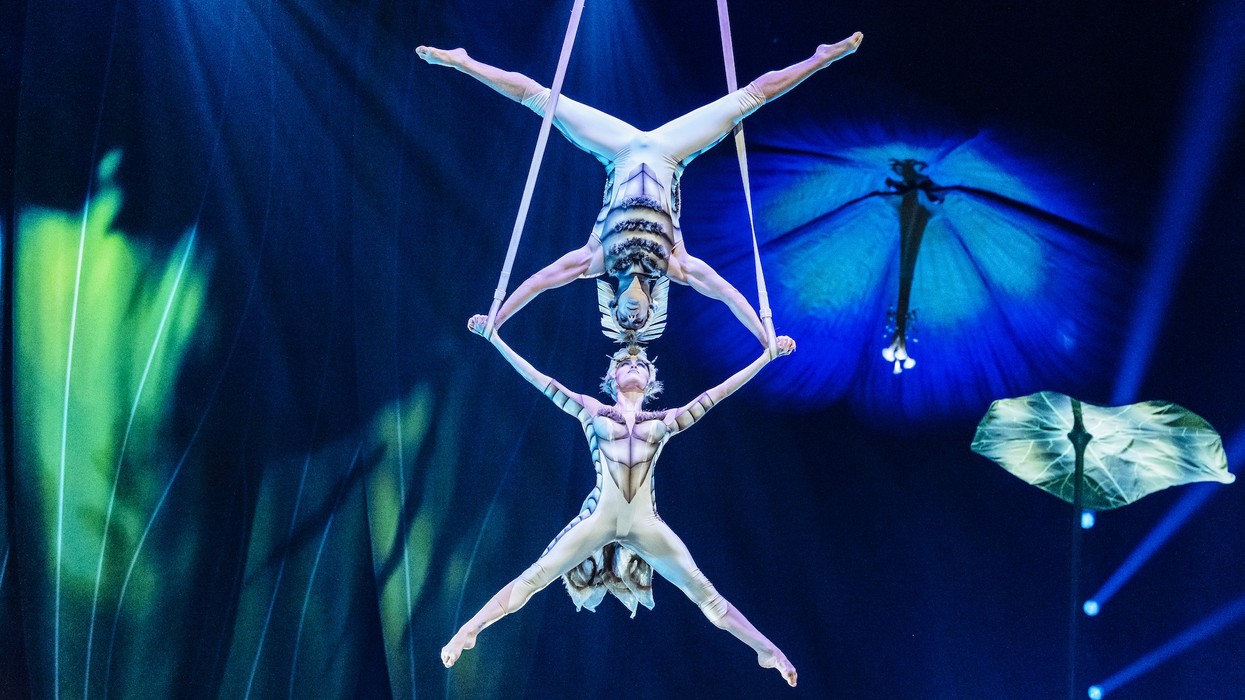


 Cirque du Soleil's OVO
Cirque du Soleil's OVO Sphere, Las Vegas
Sphere, Las Vegas F1 Drive – London
F1 Drive – London West End Live
West End Live F1 Drive – London
F1 Drive – London